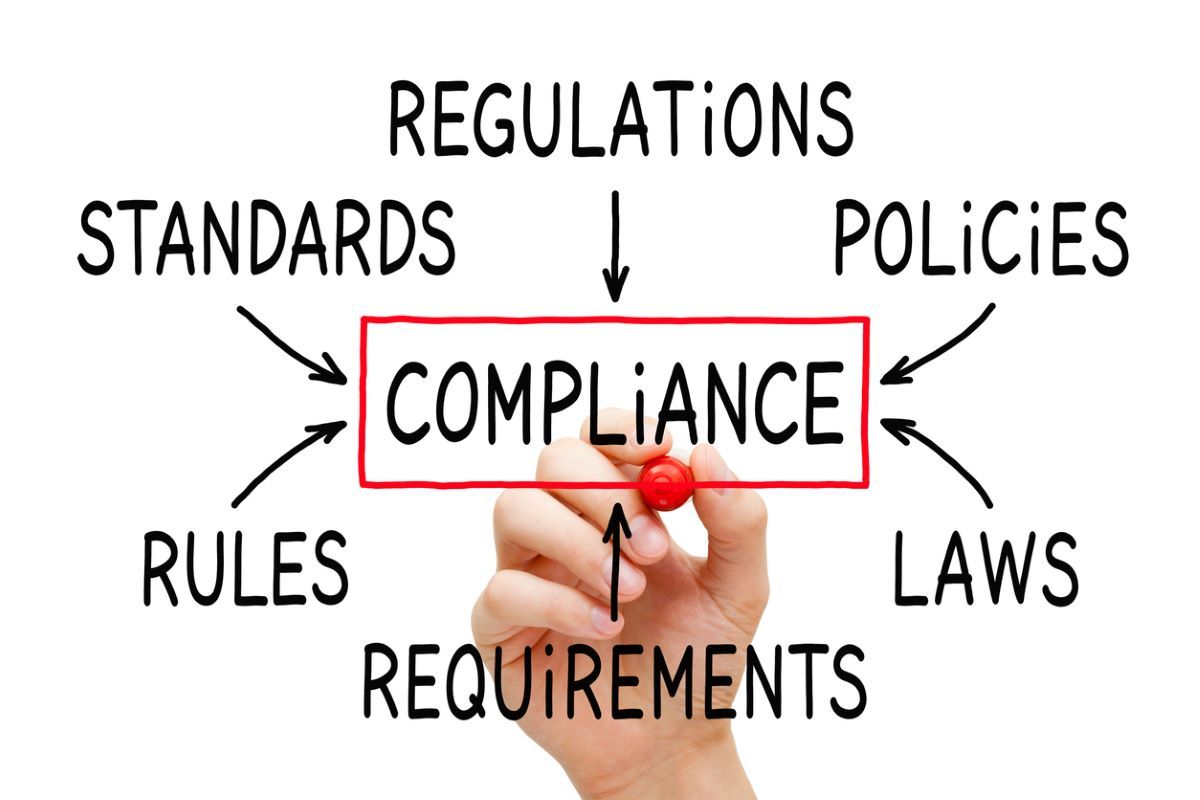In today’s rapidly evolving tech industry, HR compliance has become a pressing concern for companies of all sizes. The constant advancements in technology have not only brought about numerous opportunities, but have also presented a myriad of legal challenges that businesses must navigate. This article aims to shed light on the importance of HR compliance and provide valuable insights on effectively overcoming these legal hurdles.
The Role of HR Compliance
HR compliance is a critical component of any organization’s operations, as it ensures that the company complies with federal, state, and local employment laws and regulations. Failure to adhere to these guidelines can result in severe consequences, such as costly fines, legal battles, and damage to a company’s reputation.
For tech companies, HR compliance holds even greater significance due to the unique nature of the industry. The fast-paced and ever-changing tech sector requires businesses to stay up-to-date with the latest developments and legal requirements. As technology evolves, so do the legal challenges that arise, making it essential for tech companies to proactively address HR compliance.
Common Legal Challenges in the Tech Industry
The tech industry faces a range of legal challenges, including but not limited to:
Data Protection and Privacy Laws
With the increasing reliance on technology, data protection and privacy have become crucial concerns. Tech companies need to ensure that they comply with relevant laws, such as the General Data Protection Regulation (GDPR) in Europe or the California Consumer Privacy Act (CCPA) in the United States. Maintaining the confidentiality and security of customer data is not only a legal requirement, but also essential for building trust with clients.
Workforce Diversity and Inclusion
Creating a diverse and inclusive work environment is not only a matter of ethics but is also gaining legal recognition. Discrimination based on race, gender, age, disability, or any other protected characteristic is strictly prohibited by law. Tech companies must promote diversity and ensure that their hiring practices, policies, and work culture are inclusive.
Employee Classification
The rise of the gig economy and freelance work has introduced complexities in employee classification. Tech companies often work with independent contractors and remote workers for various projects. Misclassifying workers can lead to legal disputes regarding employee rights and entitlements. Ensuring proper classification is crucial to avoid legal complications and penalties.
Intellectual Property Protection
The tech industry thrives on innovation and intellectual property. Companies must safeguard their proprietary technology, software, and inventions through patents, trademarks, and copyrights. Failure to protect intellectual property can result in significant financial losses and potential legal battles.
Navigating HR Compliance Challenges
Given the intricacies of HR compliance in the tech industry, it is imperative for companies to have a robust strategy in place. Here are some key steps to effectively navigate these legal challenges:
Maintain Ongoing Compliance Training
Regular training sessions for employees and HR personnel on compliance-related matters should be a priority. Ensuring that all staff members are aware of the legal requirements helps minimize the risk of violations and allows for timely corrective actions.
Stay Informed About Changing Laws and Regulations
Technology and employment laws are constantly evolving. Staying updated with the latest changes is crucial for adapting HR practices in line with new legal requirements. Employing legal professionals or seeking expert advice can help businesses navigate these changes effectively.
Implement Robust Data Security Measures
Data breaches can have severe legal and financial implications. Implementing robust data security measures, such as encryption, access controls, and regular audits, is vital for safeguarding customer information and complying with relevant data protection laws.
Engage in Proactive Workplace Diversity and Inclusion Initiatives
Creating a diverse and inclusive workplace requires proactive efforts. Tech companies should establish policies and initiatives that promote diversity throughout the organization. Conducting regular diversity and inclusion training, addressing unconscious biases, and fostering an inclusive culture are vital steps in achieving workforce diversity and compliance.
Regularly Review and Update Employment Contracts and Policies
Employment contracts and policies should be regularly reviewed to ensure they align with current legal requirements. These documents should address key issues such as employee classification, intellectual property protection, non-disclosure agreements, and non-compete clauses.
Conclusion
HR compliance is a paramount concern for tech companies as they navigate legal challenges in the ever-evolving industry. By proactively addressing data protection, diversity, employee classification, and intellectual property concerns, businesses can ensure compliance with relevant laws and regulations. Staying informed, engaging in ongoing training, and implementing robust policies and measures are key to successfully navigating HR compliance challenges in the tech niche.
Navigating these legal hurdles not only protects the company from legal consequences but also helps build a positive reputation as an ethical and compliant organization within the tech industry.

